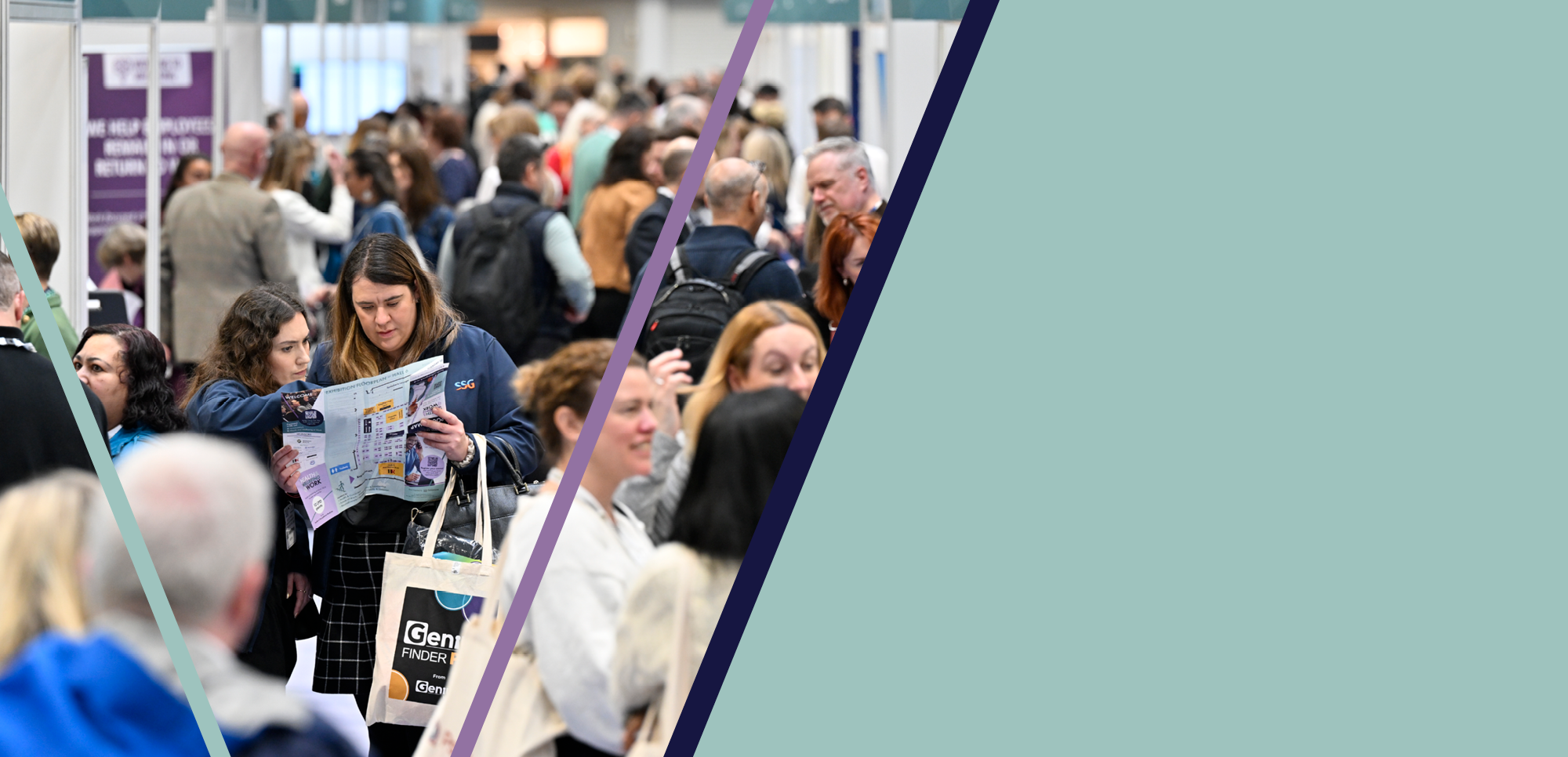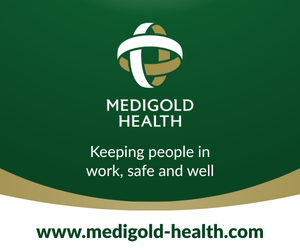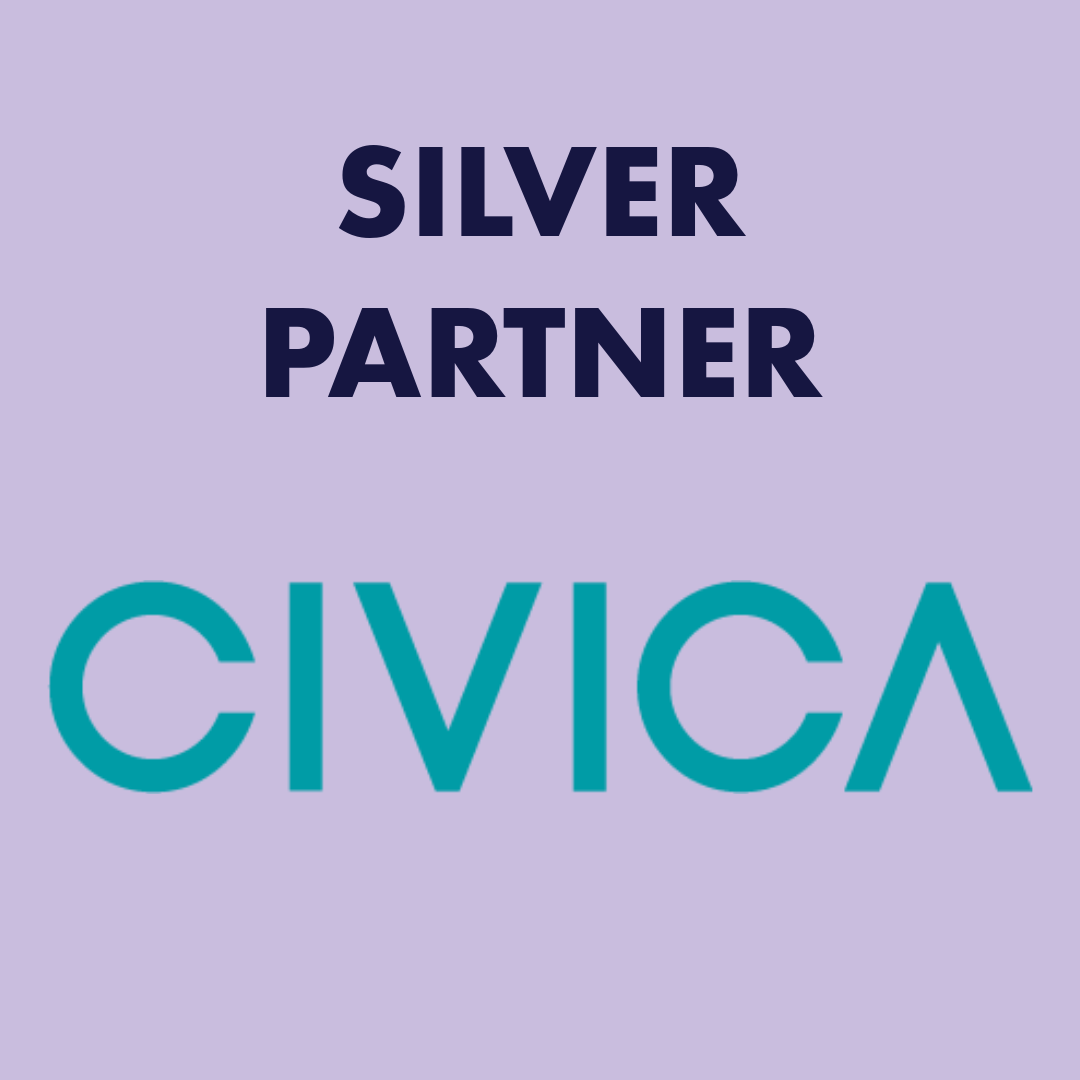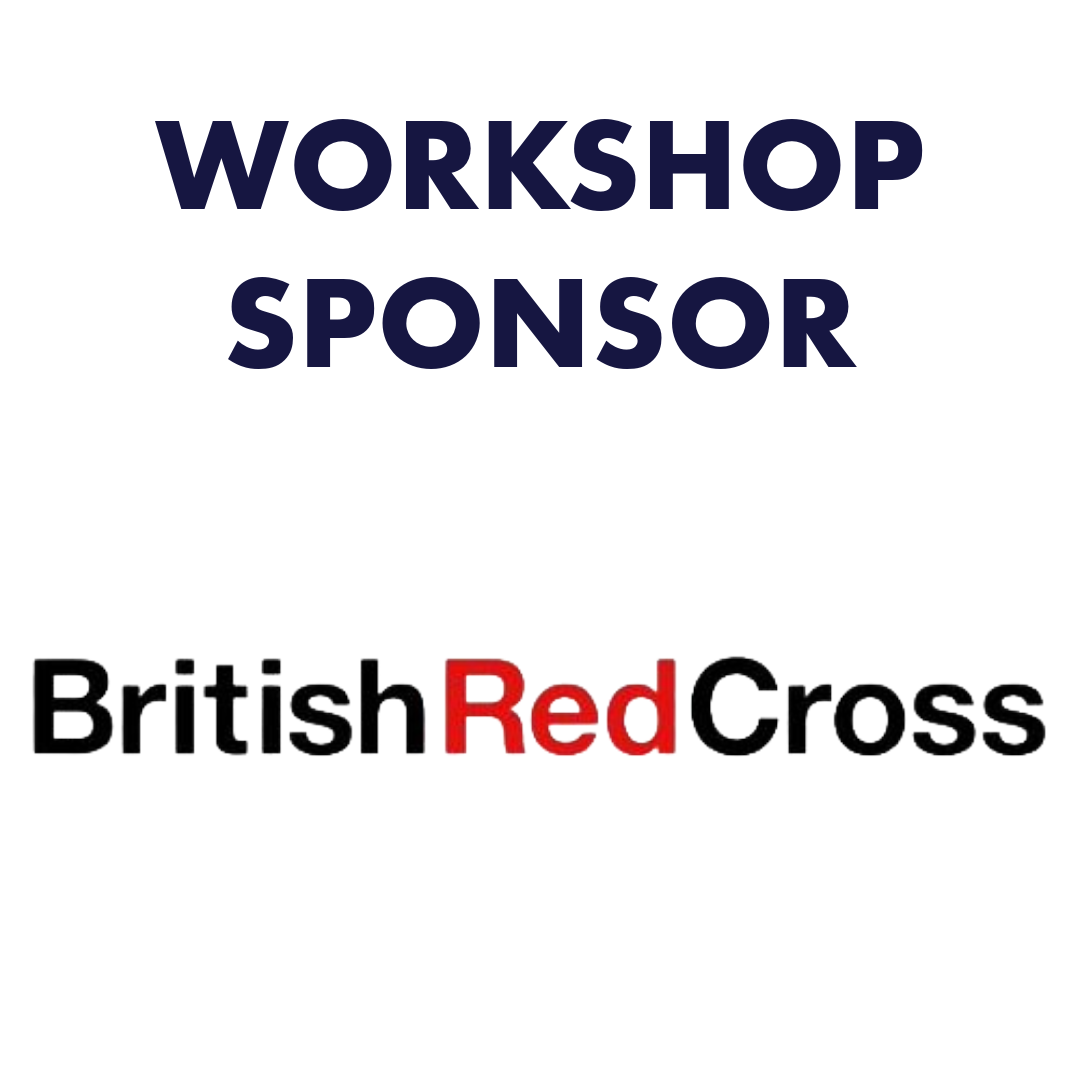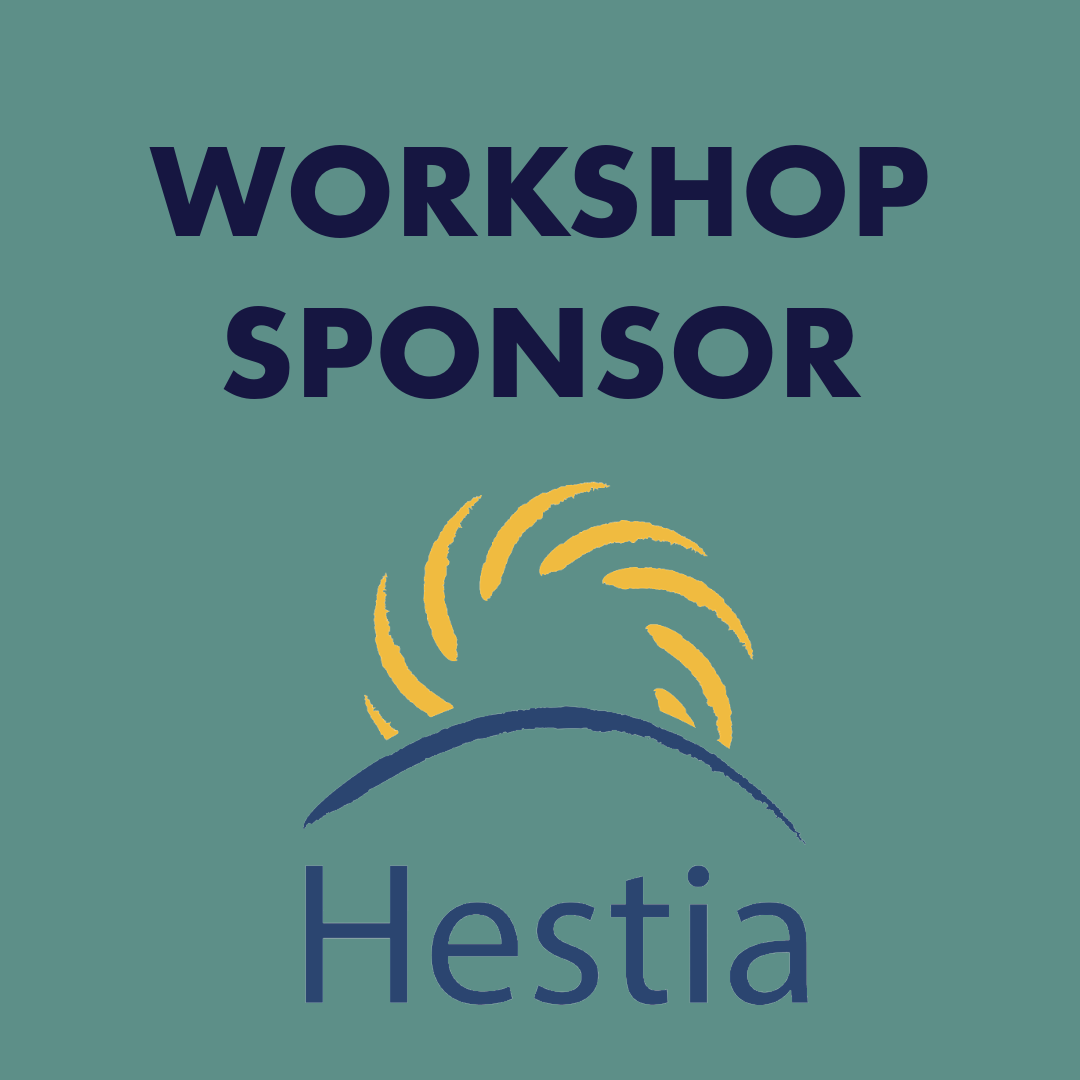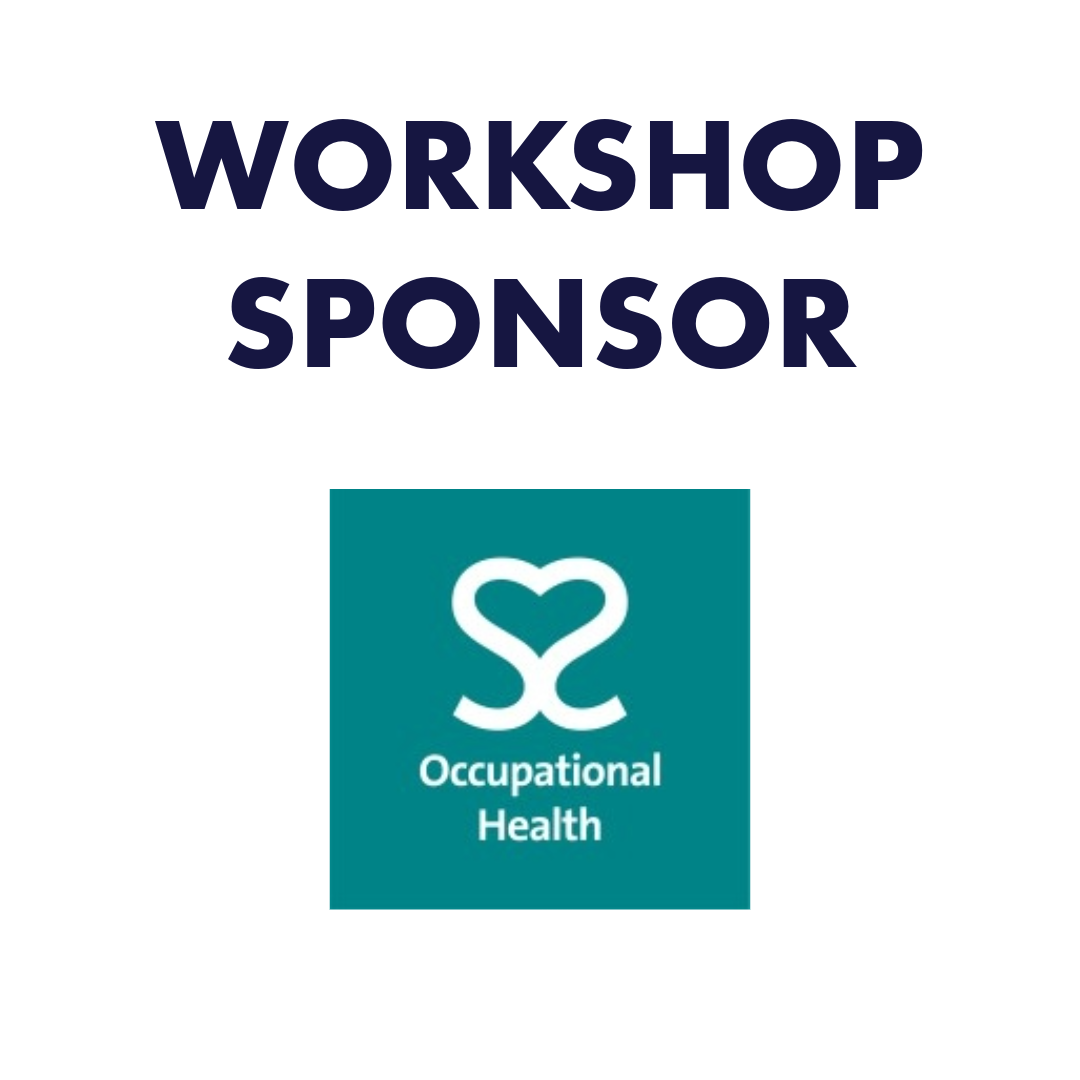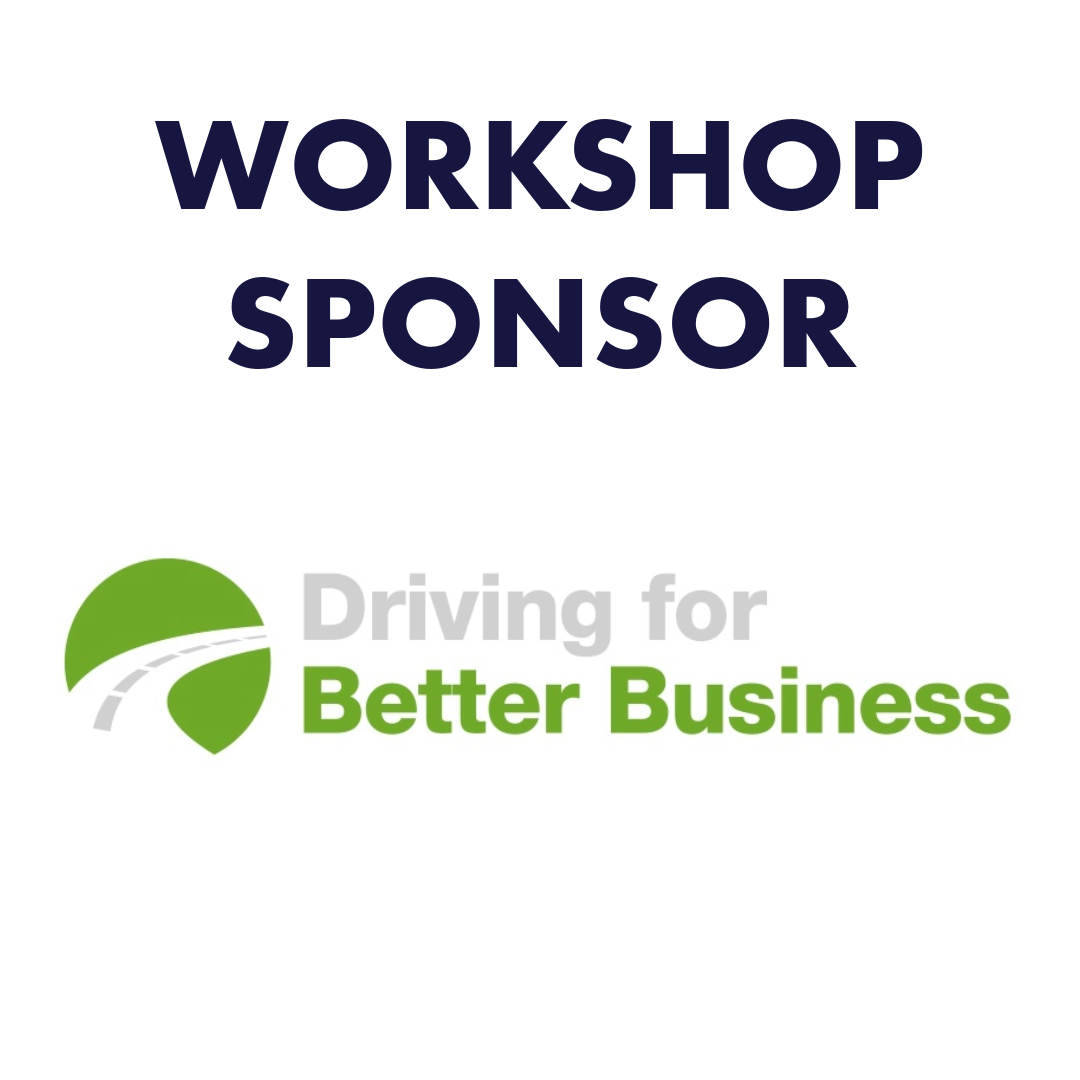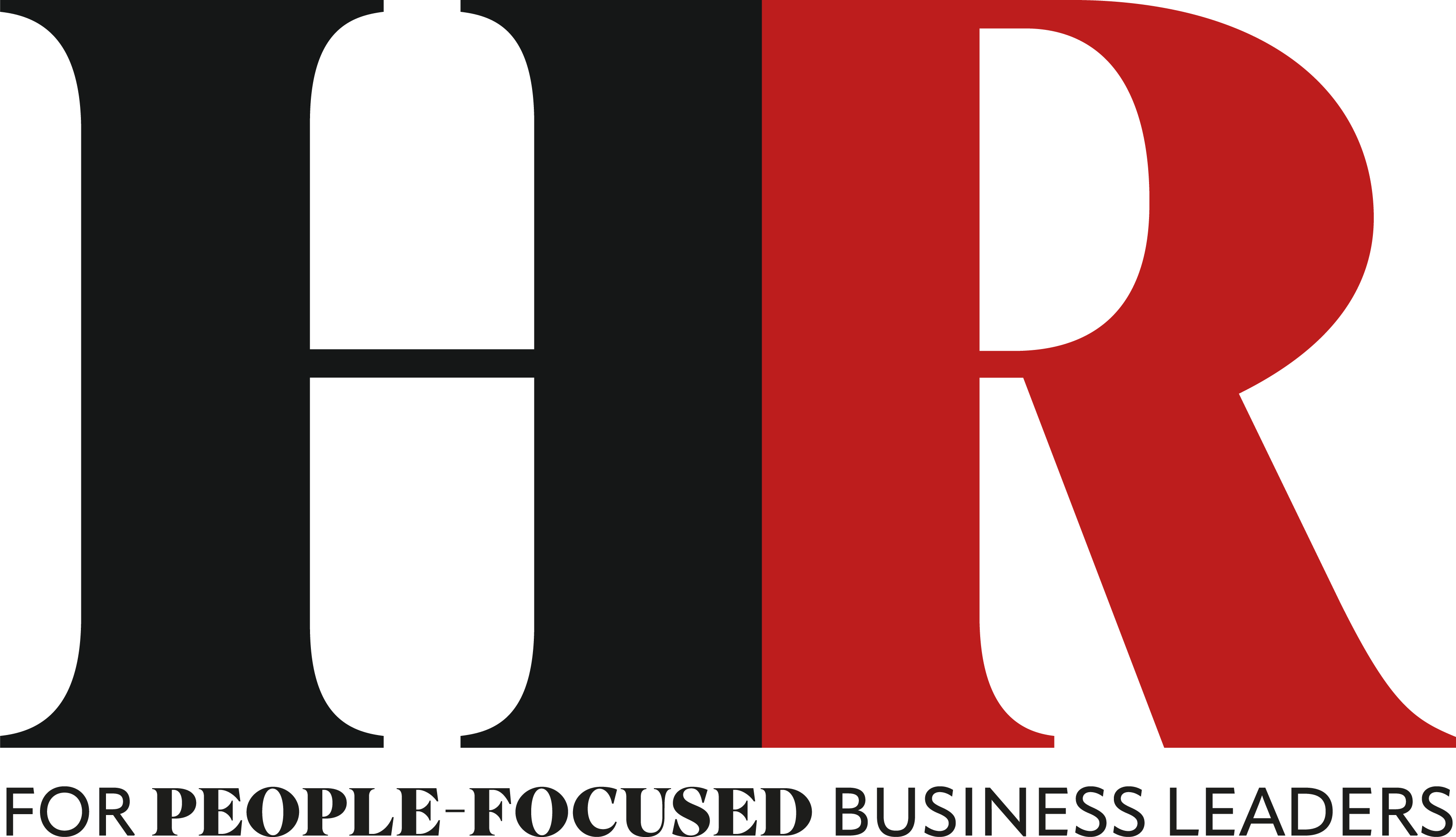Unlocking Employee Potential: A New Era of Workplace Culture. The Workplace of Tomorrow, Today
)
Picture a workplace where every employee feels valued, heard, and empowered. Where wellbeing isn't just a buzzword, but a lived reality. Where engagement flows naturally, and inclusion is woven into the very fabric of the organisation. This isn’t some pipe dream. We’ve seen companies do it and helped them make it a reality. Welcome to the world of transformational culture.
In today's turbulent business landscape, organisations are waking up to a simple truth: their most valuable asset isn't their product, their brand, or even their bottom line. It's their people. Yet many workplaces still operate on outdated models that prioritise profit over people, leaving employees feeling drained and disconnected.
The Four Pillars of Transformation
Enter the transformational culture approach - a revolutionary model that's turning the traditional workplace paradigm on its head. At its core, this approach is about creating an environment that's fair, just, inclusive, sustainable, and high-performing. It's built on four interconnected pillars:
1. People: The Heart of the Matter
This pillar is all about creating a person-centred workplace where values and purpose align with business needs and employee aspirations. It's about integrating the organisation's purpose into every aspect of the employee lifecycle, from hiring to retirement.
2. Culture: Fairness in Action
This pillar starts with establishing a cross-functional transformational culture hub, bringing together key stakeholders to drive change. It's about using data and evidence to design and measure culture, giving employees a voice in the systems and processes they use, and developing key skills like emotional intelligence and principled negotiation.
3. Strategy: Navigating Change
In our volatile world, organisations need to be agile and adaptable. This pillar is about using data and evidence to co-create a strategic narrative that enables individual, collective, and organisational brilliance. It's about ensuring that people, values, and culture are key considerations during organisational change.
4. Justice: Resolving Conflict, Restoring Relationships
Here's where things get really interesting. Traditional HR policies often sow seeds of division, acting as incubators of toxicity. But under the justice pillar, we're talking about promoting a culture of open dialogue, restorative justice, and learning.
Imagine replacing those damaging, retributive policies with one that emphasises early, dialogue-driven resolution of issues at an operational level, while remaining legally compliant. That’s what we’ve helped organisations do with our Resolution Framework.
But what does this look like in practice? Let's investigate.
Architecting Transformational ChangeCentral to this approach is the Transformational Culture Model™. Think of it as a blueprint for cultural revolution. It consists of three key elements: the Transformational Culture Hub, the 8 Enablers, and the 7Cs.
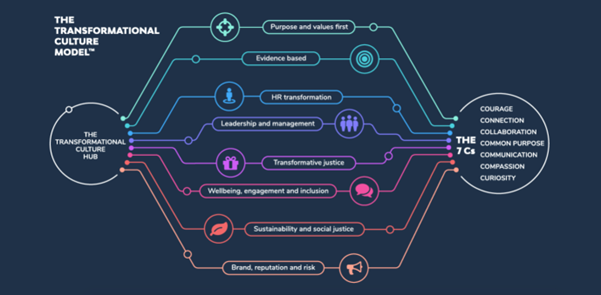
The Hub is like the command center - a cross-functional team that steers the cultural ship. The 8 Enablers are the engines driving the transformation, each serving a critical strategic function. And the 7Cs? They're the dimensions that shape the culture, creating a self-perpetuating cycle of positive change.
The WEI Triad: Wellbeing, Engagement, and InclusionOne of the 8 Enablers of a transformational culture is the integration of Wellbeing, Engagement, and Inclusion (WEI) into a single, cohesive strategy. Traditionally, these areas have been treated as separate entities, often competing for resources and attention. But imagine if we could harness the power of all three simultaneously. That's exactly what a transformational culture aims to do.
By aligning these three crucial areas, organizations create a virtuous circle. Improved wellbeing leads to higher engagement, which in turn fosters a more inclusive environment. This synergy doesn't just benefit employees - it ripples out to enhance customer experience and overall organizational performance.
The Employee Experience EquationNow, you might be wondering, "How does all this actually impact the day-to-day experience of employees?" That's where the Employee Experience (EX) equation comes in:
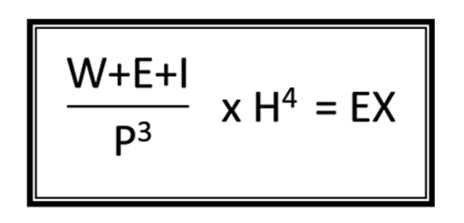
Don't worry - you don't need to be a maths genius to understand this. Essentially, it means that a positive employee experience results from strong Wellbeing, Engagement, and Inclusion initiatives (WEI), supported by aligned Policies, Processes, and Procedures (the 3Ps), multiplied by a focus on creating a work environment that is Happy, Healthy, Harmonious, and High-performing (the 4Hs).
The Transformational Impact
The benefits of this approach are far-reaching. We're talking increased productivity, reduced burnout, improved morale, enhanced collaboration, better talent attraction and retention - the list goes on. But perhaps most importantly, it creates a workplace where people genuinely want to be. A place where they can bring their whole selves to work, feel supported in their growth, and contribute meaningfully to a shared purpose.
Shaping the Future of WorkImplementing a transformational culture isn't an easy undertaking. It requires commitment, resources, and strong leadership. But for organisations willing to take the leap, the rewards are immense. It's not just about creating a nicer place to work - it's about unleashing the full potential of every individual in the organisation.
As we navigate an increasingly complex business landscape, those organisations that embrace this holistic approach to workplace culture will be the ones leading the charge. They'll be the innovators, the game-changers, the places where people line up to work.
By prioritising people, culture, strategy, and justice, you're not just changing your policies - you're changing the lives of those you work with. And in doing so, you're setting your organisation up for success in ways you've never imagined.
The future of work is here, and it's transformational. Are you on board?
__________________
About David Liddle
David is a globally renowned authority in the fields of conflict management, HR transformation, culture change, people & culture, leadership and organisation development.
In 2024, David was recognised as one of HR’s most influential thought leaders. He has won numerous awards including the HR impact award for his work transforming the HR policy framework at Burberry and mediation consultancy of the year for his work embedding a mediation programme into Aviva.
He is author of two highly acclaimed books. His first book, Managing Conflict, transformed the landscape of dispute resolution. The 2nd edition was published in October 2023.Transformational Culture was published in October 2021 to rave reviews including from Dave Ulrich who described it as ‘remarkable’. David has also contributed to several texts published by Thinkers50. His next two books are due to be published in 2025. ‘How to Disagree Well’ and ‘People and Culture – a practical guide for HR and leaders.’
Having completed a degree in race relations in the early 1990’s, he went on to set up one of the UK’s first mediation and restorative justice organisations. In 2001, having completed his MBA with distinction, David began to offer mediation and restorative practices to UK organisations. One of the first to do so, he quickly recognised that dialogue, compassion, empathy and inclusion were more effective at resolving issues at work than retribution, blame, shame, punishment and fear.
Having started life as a mediation and conflict management consultancy, David’s company, The TCM Group, has evolved into a global consultancy offering HR, leadership and culture change consulting services and training programmes. David’s groundbreaking Resolution Framework™ is being used to replace grievance and disciplinary procedures in numerous organisations and his Transformational Culture Model™ offers a blueprint for a purpose driven, values based and person-centred workplace.
David launched his groundbreaking People and Culture Operating Model in 2021. This exciting new operating model for HR and leaders is changing the landscape of human resources in the UK and globally. To support the transition from HR to people and culture, David recently set up his new venture People and Culture Consulting (www.peopleandculture.com). This global consulting practice is supporting HR teams to transition into an exciting and progressive people and culture function. A function which David describes as one of the most strategically important functions in our organisation.
About TCM
At the TCM Group, a consultancy with over 20 years of experience, we specialise in leadership, culture change, and conflict resolution. Our services, including HR transformation, mediation, leadership, coaching, and workplace investigations, have benefited many renowned clients like Tesco, Royal Mail, and HSBC. Discover how our proprietary models, such as the Resolution Framework™ and Transformational Culture Model™, can support your culture change journey.
We work in partnership with our customers to develop the overarching strategies, core values, systems, process, mindsets and behaviours which engender a fair, just, inclusive, sustainable and high-performing culture – a transformational culture.

